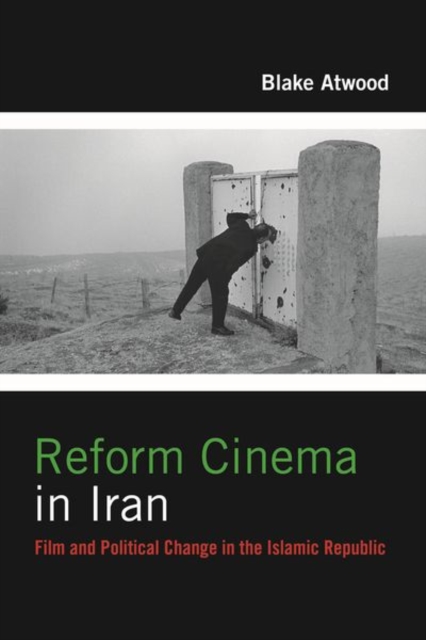CITESTE MAI MULT
Detalii
Descriere RO
It is nearly impossible to separate contemporary Iranian cinema from the Islamic revolution that transformed film production in the country in the late 1970s. As the aims of the revolution shifted and hardened once Khomeini took power and as an eight-year war with Iraq dragged on, Iranian filmmakers confronted new restrictions. In the 1990s, however, the Reformist Movement, led by Mohammad Khatami and the film industry, developed an unlikely partnership that moved audiences away from revolutionary ideas and toward a discourse of reform. In "Reform Cinema in Iran," Blake Atwood examines how new industrial and aesthetic practices created a distinct cultural and political style in Iranian film between 1989 and 2007.
Atwood analyzes a range of popular, art, and documentary films. He provides new readings of internationally recognized films such as Abbas Kiarostami's" Taste of Cherry" (1997) and Mohsen Makhmalbaf's "Time for Love" (1990), as well as those by Rakhshan Bani, Masud Kiami, and other key Iranian directors. At the same time, he also considers how filmmakers and the film industry were shaped by larger political and religious trends that took shape during Mohammad Khatami's presidency (1997-2005). Atwood analyzes political speeches, religious sermons, and newspaper editorials and pays close attention to technological developments, particularly the rise of video, to determine their role in democratizing filmmaking and realizing the goals of political reform. Atwood concludes with a look at the legacy of reform cinema, including films produced under Mahmoud Ahmadinejad, whose neoconservative discourse rejected the policies of reform that preceded him.
EdituraColumbia University Press
Dimensiuni230 x 154 x 15
Data Publicarii08/11/2016
Format
Necartonata
Numar pagini280
Aceasta este o carte in limba engleza. Descrierea cartii (tradusa din engleza cu Google Translate) este in limba romana din motive legale.
Este aproape imposibil sa separi cinematografia iraniana contemporana de revolutia islamica care a transformat productia de film din tara la sfarsitul anilor 1970. Pe masura ce obiectivele revolutiei s-au schimbat si s-au inrautatit odata ce Khomeini a preluat puterea si in timp ce un razboi de opt ani cu Irakul a continuat, realizatorii de film iranieni s-au confruntat cu noi restrictii.

